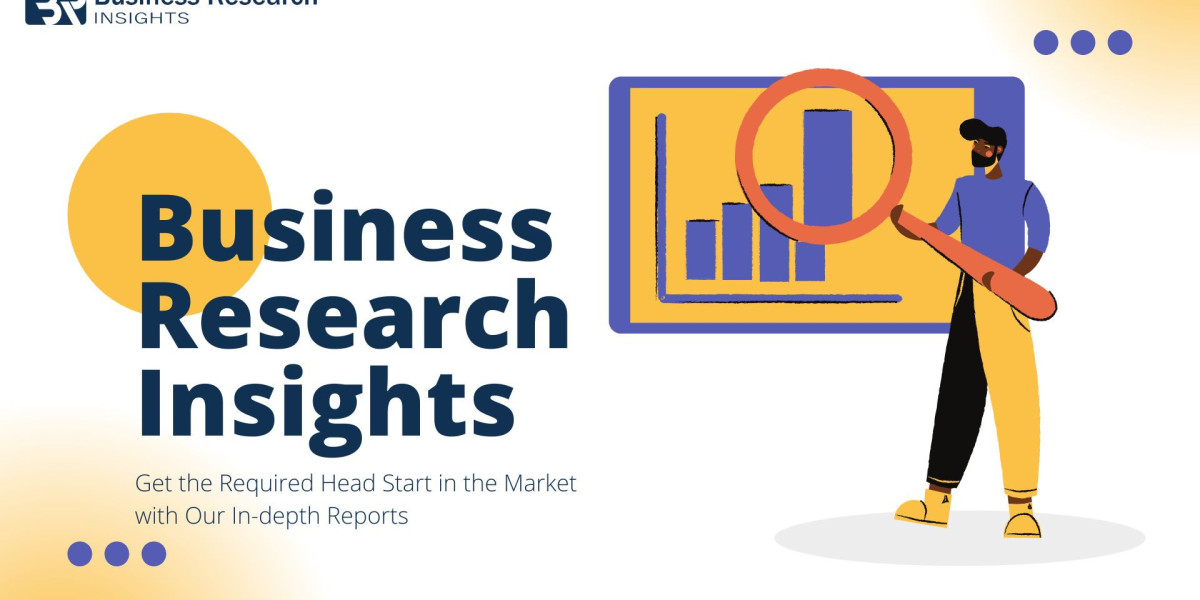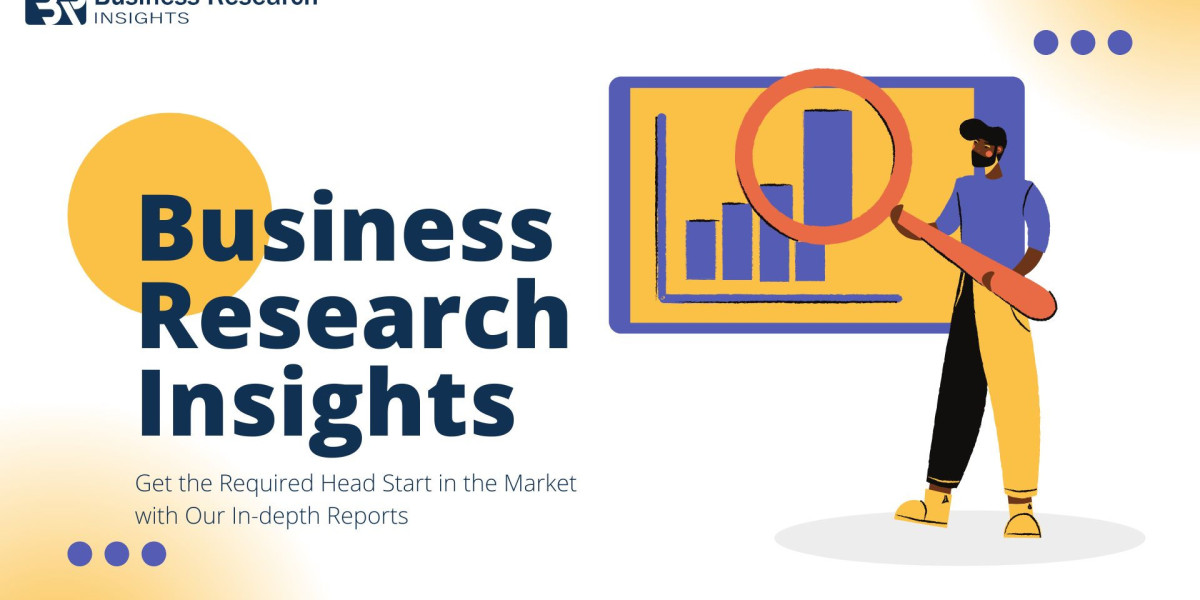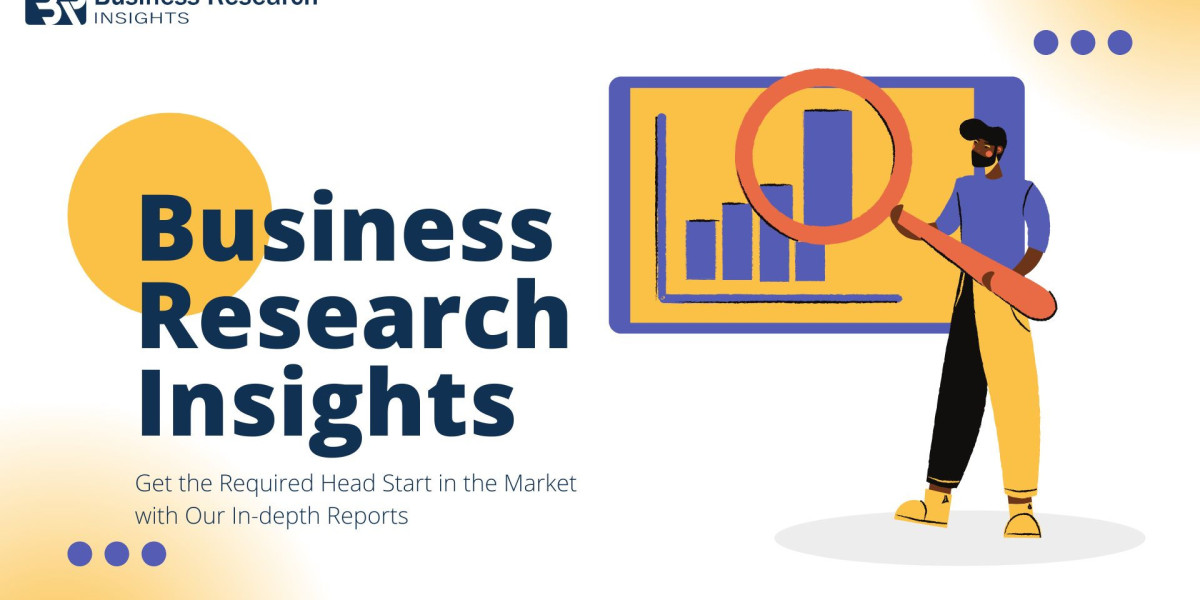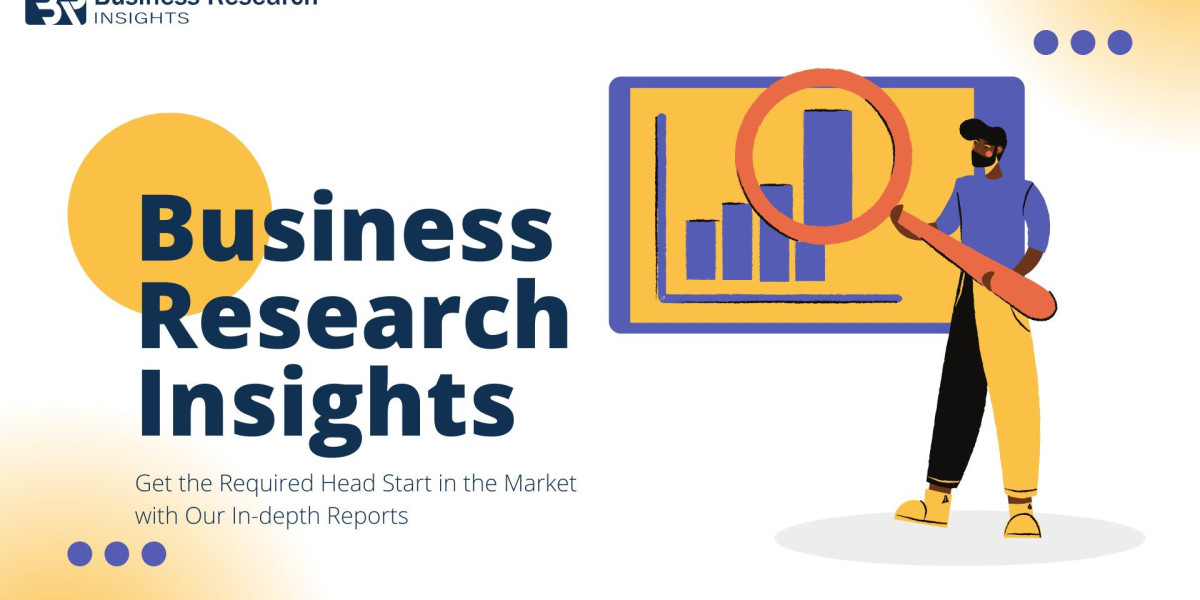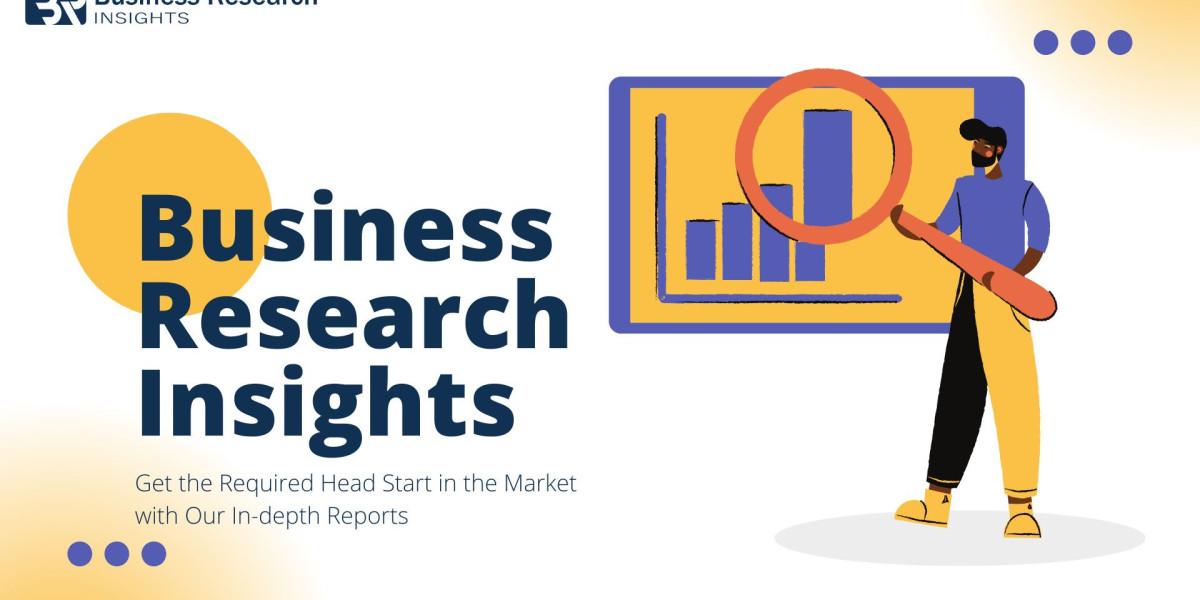Introduction:
Pharmacovigilance courses are becoming increasingly integral to career development in healthcare, offering specialized training that equips professionals with essential skills in drug safety monitoring, adverse event reporting, and regulatory compliance. This article delves deeper into the ways pharmacovigilance courses can significantly enhance one's career in healthcare, exploring various aspects from career advancement opportunities to the development of specialized skills and global perspectives.
Understanding Pharmacovigilance Courses
Pharmacovigilance courses are designed to provide comprehensive training on the principles, practices, and regulations governing drug safety and surveillance. These courses typically cover a range of critical topics:
- Introduction to Pharmacovigilance:
Understanding the fundamental principles and importance of pharmacovigilance in safeguarding patient health and public safety.
- Regulatory Framework:
Familiarization with the regulatory requirements imposed by agencies such as the FDA (Food and Drug Administration) in the United States or the EMA (European Medicines Agency) in Europe, ensuring compliance in drug safety monitoring.
- Adverse Event Reporting:
Techniques for identifying, documenting, and reporting adverse drug reactions (ADRs), essential for ensuring timely intervention and mitigation of risks.
- Signal Detection and Risk Management:
Strategies for detecting early signals of potential safety issues from pharmacovigilance data and implementing effective risk management measures.
The Role of Pharmacovigilance Courses
A pharmacovigilance course equips individuals with the necessary knowledge and skills to excel in this specialized domain. These courses typically cover a wide range of topics, including:
1. Fundamentals of Pharmacovigilance: Introduction to pharmacovigilance principles, regulations, and global guidelines.
2. ADR Reporting and Management: Procedures for collecting, documenting, and reporting adverse drug reactions to regulatory authorities.
3. Drug Safety Surveillance: Techniques and tools used in monitoring the safety profile of pharmaceutical products throughout their lifecycle.
4. Risk Assessment and Management: Evaluation of potential risks associated with medicines and strategies to minimize these risks.
5. Pharmacovigilance in Clinical Trials: Importance of safety data collection during clinical trials and its impact on drug development.
6. Pharmacoeconomics: Understanding the economic implications of pharmacovigilance and its role in healthcare cost management.
Career Opportunities in Pharmacovigilance
Professionals with expertise in pharmacovigilance are in high demand across various sectors, including pharmaceutical companies, regulatory agencies, contract research organizations (CROs), and healthcare institutions. A pharmacovigilance course not only provides theoretical knowledge but also offers practical insights through case studies, simulations, and hands-on experience with pharmacovigilance databases and software.
Pharmaceutical Industry
In pharmaceutical companies, pharmacovigilance professionals ensure compliance with regulatory requirements and contribute to the safe commercialization of new drugs. They collaborate closely with clinical research teams to monitor drug safety profiles and manage adverse events reported during clinical trials and post-marketing surveillance.
Regulatory Agencies
Regulatory authorities such as the FDA (Food and Drug Administration) in the United States or the EMA (European Medicines Agency) in Europe rely on pharmacovigilance data to make informed decisions about drug approvals, labeling updates, and risk communication strategies. Professionals in this sector play a critical role in safeguarding public health by assessing and interpreting safety data submitted by pharmaceutical companies.
Contract Research Organizations (CROs)
CROs provide outsourced support to pharmaceutical companies in conducting clinical trials and pharmacovigilance activities. Pharmacovigilance courses prepare individuals for roles in data management, safety monitoring, and regulatory compliance within CROs, where meticulous attention to detail and adherence to protocols are essential.
Healthcare Institutions
Hospitals and healthcare systems employ pharmacovigilance specialists to monitor medication safety and adverse event reporting among patients. These professionals collaborate with healthcare providers to ensure optimal patient care and contribute to continuous quality improvement initiatives within healthcare settings.
Advantages of Pharmacovigilance Training
1. Career Advancement Opportunities
Enrolling in a pharmacovigilance course opens doors to diverse career pathways within the pharmaceutical industry, regulatory bodies, clinical research organizations (CROs), and healthcare institutions. Professionals with pharmacovigilance expertise are in high demand for roles such as:
- Drug Safety Specialist: Responsible for monitoring the safety profile of pharmaceutical products throughout their lifecycle, from clinical trials to post-marketing surveillance.
- Pharmacovigilance Officer: Ensures adherence to pharmacovigilance regulations, oversees adverse event reporting processes, and conducts risk assessments.
- Clinical Research Associate (CRA): Clinical Research involvement in clinical trials to ensure compliance with pharmacovigilance protocols and regulatory requirements.
- Regulatory Affairs Manager: Facilitates communication between pharmaceutical companies and regulatory authorities concerning drug safety and compliance issues.
2. Specialized Skills Development
Pharmacovigilance courses provide participants with specialized skills critical for effective drug safety management and regulatory compliance:
- Analytical Skills: Ability to critically analyze pharmacovigilance data to identify potential safety concerns and trends.
- Communication Skills: Effective communication with healthcare professionals, regulatory agencies, and patients regarding drug safety issues.
- Problem-Solving Abilities: Capacity to develop and implement risk mitigation strategies, managing complex pharmacovigilance challenges effectively.
3. Global Perspective and Networking
Many pharmacovigilance courses offer insights into global pharmacovigilance practices, regulatory frameworks, and international collaboration initiatives. Networking opportunities with peers, industry experts, and guest lecturers during these courses can also enhance career prospects through knowledge sharing and professional connections.
4. Continuous Professional Development
Continuous learning and staying updated with advancements in pharmacovigilance are crucial for career growth in healthcare. Pharmacovigilance courses often include updates on new regulations, technologies, and methodologies, ensuring professionals remain competitive and knowledgeable in their field.
Case Study: Impact of Pharmacovigilance Training
To illustrate the real-world impact of pharmacovigilance courses on career advancement, consider the case of Dr. Emily, a pharmacist who enrolled in an advanced pharmacovigilance course. Armed with new knowledge and skills, Dr. Emily transitioned from a clinical pharmacy role to a senior pharmacovigilance officer at a leading pharmaceutical company. Her expertise in adverse event reporting and risk management contributed significantly to the company's compliance with regulatory standards and the safety monitoring of its products.
Conclusion
In conclusion, pharmacovigilance courses play a pivotal role in enhancing career opportunities for healthcare professionals by providing specialized knowledge, skills, and networking opportunities essential for success in the dynamic field of drug safety and surveillance. Whether aspiring to enter the pharmaceutical industry, advance within a healthcare institution, or specialize in regulatory affairs, pharmacovigilance training equips professionals with the tools needed to navigate the complexities of drug safety management effectively.
By investing in pharmacovigilance education, healthcare professionals not only enhance their individual career prospects but also contribute to safeguarding patient health and advancing public safety in the global healthcare landscape.




